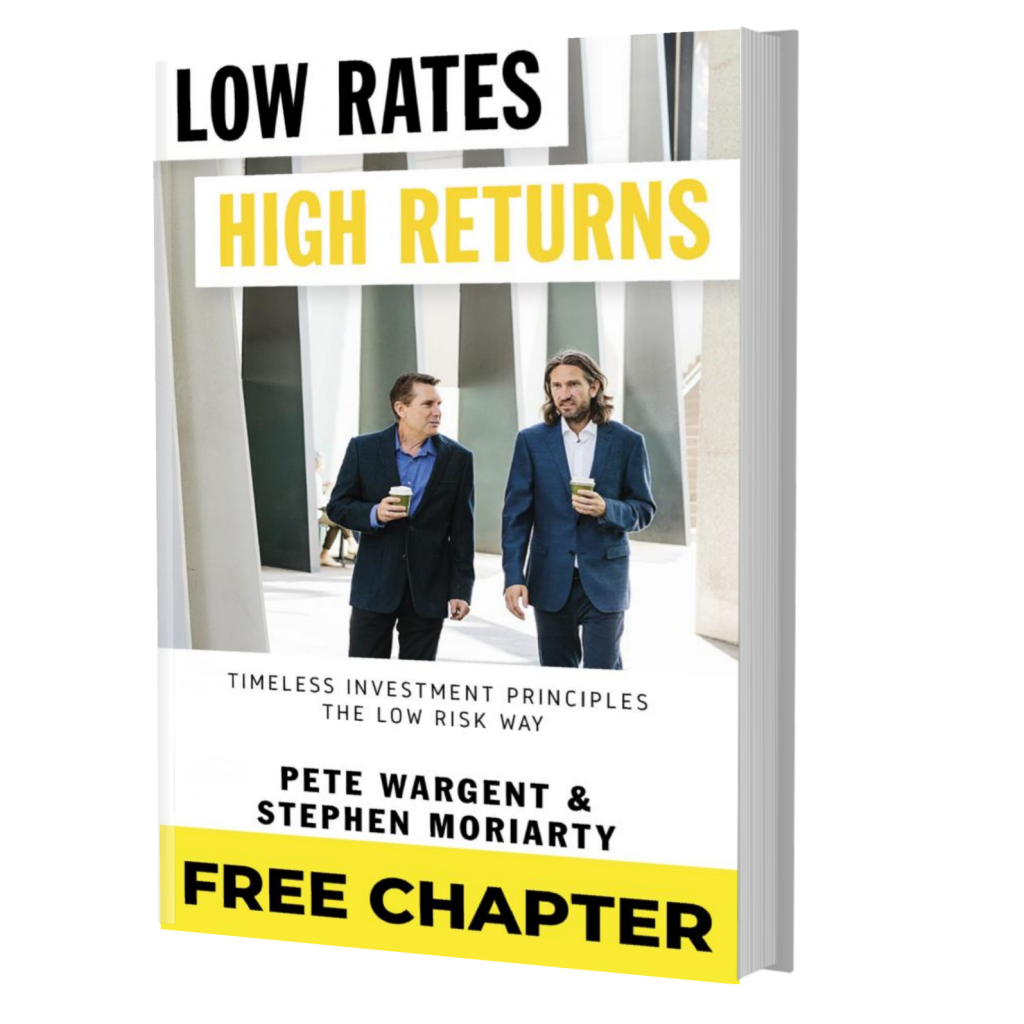Patience – not just a virtue
When it comes to building your net worth, patience is not only a virtue; it’s essential.
In the short term markets can be risky, but over the long term they tend to be much less so.
Don’t fall in love with an investment, it won’t love you back – spread your risk, sit back, and use the enormous power of compound growth.
There are, however, a number of cognitive biases to be overcome, meaning that this harder to do than it appears.
The rough with the smooth
As a young cricketer, I was once told that experienced batsmen don’t get too excited when they make a great score (of course, I went on to do precisely that), & correspondingly they don’t get too despondent or punish themselves when they go through a rough trot (yep, I did that too).
Similar principles might apply to the building wealth for the long term.
Anyone can suffer from cognitive biases such as loss aversion, but try not to be too emotional or bemoan challenges as this can send you off track.
Provided you have adopted a sensible, long-term strategy, adverse or excessively strong performance over the short term shouldn’t faze you too much.

6 tips to develop patience
You can help to gradually remove emotions from investing by adopting a long-term view – here are half a dozen tips on patient investing:
(i) Buy quality assets you never need to sell – clearly nobody intends to buy poor quality assets, but some are much riskier than others, and, yes, diversification helps!;
(ii) Set up a fun account – the need to simply do something seems to plague many investors, especially men; if that’s a trait you share, consider setting up a trading account with 5-10% of your net worth for entertainment purposes;
(iii) Check prices infrequently – the internet has made it very easy (too easy!) to get price quotes on an ever more regular basis – try to switch the market & background noise off and use different time-frames to benchmark for success, such as an annual review of performance;
(iv) Think of investments as great assets & businesses – prices will always gyrate, up & down, but if you think of your portfolio in terms of its quality rather than in dollar terms this can help you to tune out of the markets;
(v) Consider averaging – an incredibly simple or automated approach to building wealth involving buying the same dollar amount each month, quarter, or year, smoothing out risk; and
(vi) Read classic investment books – while specifics change, the fundamentals of successful investing tend to remain fairly constant over time, & reading the classics is a good way to remind yourself of how & why this is true.
More & more information on the internet is devoted to the identification or analysis of near-term trends & tactics. Yet there are many patient investors out there with some terrific resources available – these can be an effective ‘support group’ for you, so go find them!
In the words of Buffett: ‘You don’t have to be particularly smart, you just have to be patient.’





